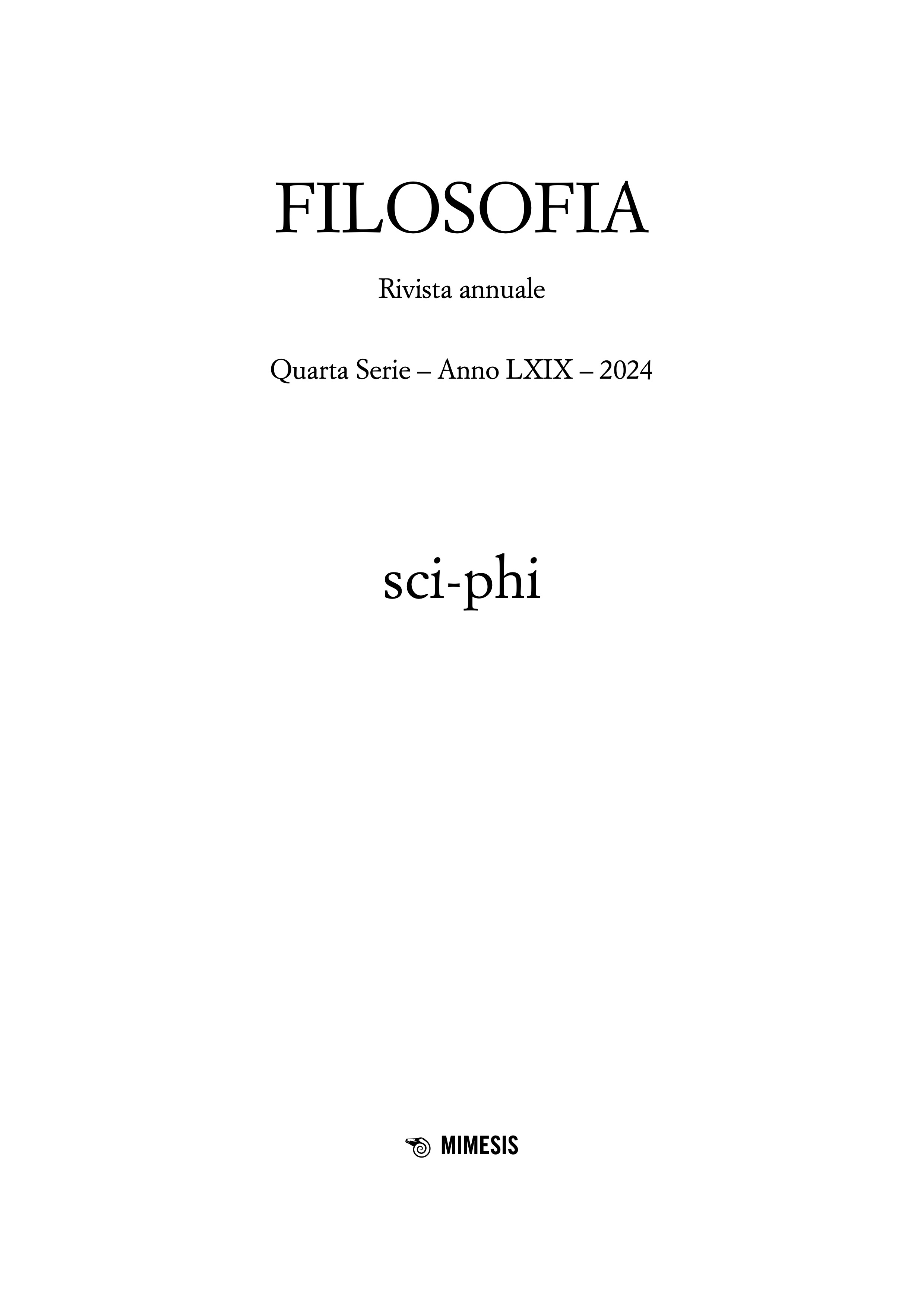Automated Futures in Early English Science Fiction: Eliot and Butler
DOI:
https://doi.org/10.13135/2704-8195/11202Keywords:
Automation, Future, Machines, Utopia, Science-FictionAbstract
Greatly debated but rarely analysed in science fiction, automation rose to prominence as a topic of discussion since the 1940s. However, the futures that it harbours, either utopian (leisureful society) or dystopian (machine takeover), loomed in XIX century literature already, at the same time as the Machinery Question was debated in England and contemporary of a seminal text in the study of capitalist appropriation of machinery like Marx’s “Fragment on Machines”. But a literary history of automation is yet to be entertained, although many writers can be seen as having spearheaded an effort to imagine the social outcomes of mechanization. Adopting a close and thematic reading of two of these authors – George Eliot and Samuel Butler – the article probes how early English science fiction confronted the rise of machinery; how it anticipated certain ideas regarding the progress of technology; and how it shaped the affective perception of automatic objects.
Downloads
References
Babbage, Charles. 1832. On the Economy of Machinery and Manufactures. London: C. Knight.
–––. 1833. Traité sur l’économie des machines et des manufactures. Biot, Édouard, Fr. tr. Paris: Bachelier.
Beckert, Jens. 2013. “Imagined futures: fictional expectations in the economy”. Theor Soc 42: 219-240. DOI 10.1007/s11186-013-9191-2.
BEIS (Business, Energy and Industrial Strategy) Committee. 2019. Automation and the future of work. Twenty-third Report of Session 2017–19. HC 1093. Published on 18 September 2019 by authority of the House of Commons.
Benanav, Aaron. 2020. Automation and the Future of Work. London: Verso.
Berg, Maxine. 1980. The machinery question and the making of political economy. 1815-1848. Cambridge: Cambridge University Press.
Butler, Samuel. 1863. “Darwin Among the Machines”. The Press, June 13, 1863.
–––. 1872. Erewhon, or Over the Range. London: Trübner.
Burrells, Anna. 2010. “Satire Machines: Wyndham Lewis, Samuel Butler, and Erewhon”. The Journal of Wyndham Lewis Studies 1, n. 1: 62-80.
Canguilhem, Georges. 1994. A Vital Rationalist. Selected Writings from Georges Canguilhem. Delaporte François, ed. New York: Zone Books.
Canguilhem, Georges. [1965] 2008. Knowledge of Life. Marrati, Paola, and Meyers Todd, eds. New York: Fordham University Press.
Daston, Lorraine. 2018. “Calculation and the Division of Labor, 1750–1950”. Bulletin of the German Historical Institute 62 (Spring): 9-30. https://hdl.handle.net/21.11116/0000-0002-5D9B-8.
Eliot, George. 1879. Impressions of Theophrastus Such. Edinburgh: William Blackwood and Sons.
Friedmann, Georges. 1955. Industrial Society. The Emergence of the Human Problems of Automation. Sheppard, and Harold L., eds. New York: The Free Press.
Gillott, David. 2015. Samuel Butler against the Professionals. Rethinking Lamarckism 1860-1900. London: Routledge.
Jameson, Fredric. 2005. Archaeologies of the Future. The Desire Called Utopia and Other Science Fictions. London: Verso.
Knight, Charles. 1856. Knowledge is Power: A View of the Productive Forces of Modern Society and the Results of Labor, Capital and Skill. Boston: Gould and Lincoln.
MacDonald, W. L. 1926. “Samuel Butler and Evolution”. The North American Review 223, n. 833 (Dec.-Feb.): 626-637.
Marx, Karl. [1857-58] 1973. Grundrisse. Foundation of the Critique of Political Economy. Nicolaus, Martin, Eng. tr. London: Penguin.
Moynihan, Thomas. 2020. “Existential risk and human extinction: An intellectual history”. Futures 116: 1-13. https://doi.org/10.1016/j.futures.2019.102495.
Mumford, Lewis. 1964. “The Automation of Knowledge”. AV Communication Review 12, n. 3 (Fall): 261-276. https://www.jstor.org/stable/30217145.
Pasquinelli, Matteo. 2023. The Eye of the Master. A Social History of Automation. London: Verso.
Pollock, Frederik. 1957. Automation. A Study of its Economic and Social Consequences. New York: Frederick A. Praeger.
Swift, Jonathan. [1735] 2005. Gulliver’s Travels. Rawson, Claude, ed. Oxford: Oxford University Press.
Trott, Ben. 2018. “The ‘Fragment on Machines’ as science fiction; or, reading the Grundrisse politically”. Cambridge Journal of Economics 42, n. 4 (July): 1107-1122. https://doi.org/10.1093/cje/bex079.
Von Neumann, John. 1955. “Can We Survive Technology?”. Fortune, June. https://fortune.com/2013/01/13/can-we-survive-technology/.
Wiener, Norbert. 1960. “Some Moral and Technical Consequences of Automation”. Science 131, n. 3410 (May 6): 1355-1358. DOI: 10.1126/science.131.3410.1355.
Zimmerman, Andrew. 1997. “The Ideology of the Machine and the Spirit of the Factory:
Remarx on Babbage and Ure”. Cultural Critique, n. 37 (Autumn): 5-29. https://www.jstor.org/stable/1354539.
Downloads
Published
How to Cite
Issue
Section
License
Copyright (c) 2024 Niccolò Monti

This work is licensed under a Creative Commons Attribution 4.0 International License.
This work is licensed under a Creative Commons Attribution 4.0 International License



